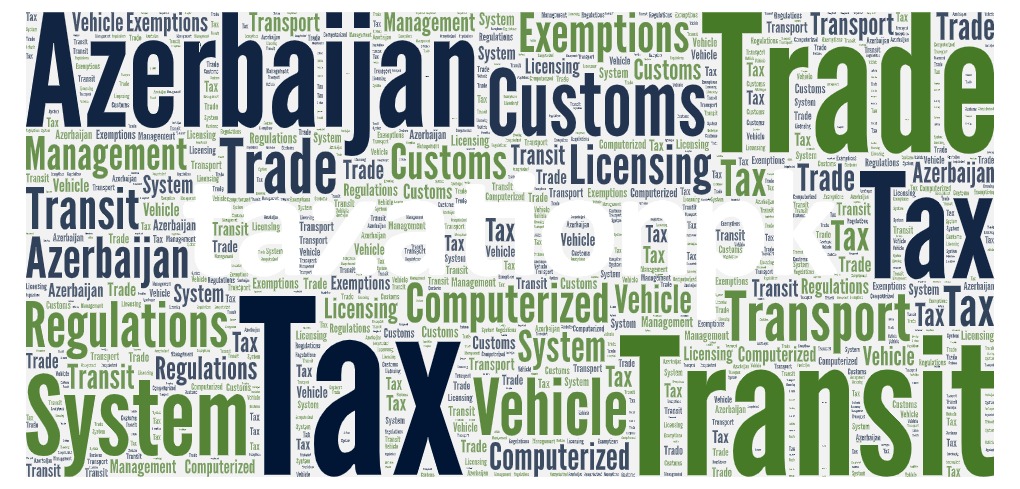Karachi, Pakistan: In a significant move to strengthen bilateral trade ties, the Federal Board of Revenue (FBR) has issued rules governing Azerbaijan-Pakistan transit trade under the Azerbaijan-Pakistan Transit Trade Agreement (PATTA) 2024. These regulations, notified through SRO 2016(I)/2024, outline comprehensive procedures to streamline transit operations between the two countries.
Table of Contents
ToggleThe agreement positions Pakistan’s ports as pivotal nodes for regional trade, leveraging Karachi Port, Port Muhammad Bin Qasim, and Gwadar Port to facilitate the seamless movement of goods.
Key Features of the Transit Trade Framework
User Registration and Access
The rules specify procedures for Azerbaijani entities—ranging from traders and government organizations to diplomatic missions—to register with Pakistan’s Customs Computerized System (CCS).
- Registration will be processed electronically via the Directorate General Reforms and Automation in Karachi.
- Designated focal representatives of Azerbaijan’s Ministry will receive user IDs to submit registration forms online.
Transport Vehicle Regulations
The framework introduces strict guidelines for vehicles engaged in bilateral or transit trade:
- Licensing: Vehicles must be licensed and permitted for a single round trip.
- Validity: Permits are non-transferable and tied to the driver’s visa duration.
- Extended Stays: Vehicles may remain in Pakistan for up to 90 days in special cases with prior Customs notification.
Exemptions
To ensure operational flexibility, certain goods and activities are exempt from transport permits:
- Humanitarian Aid
- Postal Services
- Live Animals for Sports Events
- Art Exhibits
- Lightweight vehicles under 3.5 tons are also excluded from permit requirements.
Levies and Scanning
Administrative fees will be charged for services like weighment, scanning, and container sealing.
- Charges will be uniformly applied to ensure fairness.
- Containers will undergo selective scanning at entry points and en route, guided by a Risk Management System (RMS) to enhance security while minimizing delays.
Penalties for Violations
To uphold compliance with PATTA, punitive actions are outlined for violations:
- Offending Entities: Can face exclusion from participating in transit trade activities.
- Driver Offenses: Violations by drivers or transport operators will be addressed under national laws.
Strategic and Economic Implications
The implementation of PATTA 2024 underscores Pakistan’s commitment to bolstering regional connectivity and trade efficiency. By optimizing its ports and digital infrastructure, Pakistan is poised to:
- Enhance economic ties with Azerbaijan.
- Solidify its role as a regional trade hub.
- Promote transparency and efficiency in cross-border trade.
This initiative aligns with Pakistan’s broader strategy to foster economic growth through enhanced cooperation with regional partners, paving the way for greater trade opportunities in Central and South Asia.







